How much can funny cat videos pollute us? Not much, right?

Associate Professor Attila Márton wants to teach his students to think of digitalization as something that can be as polluting as dumping wastewater in a river. Therefore, he has transformed his course in Advanced Strategic Information Management to turn students into digital ecologists.
It is easy to think of the digital sphere as something that is just digital. Ones and zeros. Nothing more.
But if you ask Associate Professor Attila Márton from the Department of Digitalization, what happens in the digital sphere has a great deal to do with the current environmental state of affairs; digitalization pollutes our ecology of ideas and twists our behavior into non-sustainable patterns.
“We understand that polluting a river is bad for us and the environment, and we need to have the same understanding of digitalization for our digital information environment,” he says and gives an example:
“Reed Hastings, CEO of Netflix, once said that their main competition is not HBO or YouTube. It’s sleep. That was certainly said half-jokingly, but it speaks to the idea of getting users addicted to your service so that they give you more and more of their attention, even when it costs them their sleep. And what happens if we don’t get enough sleep? We lose our ability to pay attention or concentrate. So, it’s a self-defeating business model.”
Attila Márton, together with Matthias Trier, Professor MSO at the same department, teaches the course Advanced Strategic Information Management, and for this semester he has transformed the course to teach his students how to take on a different approach to digitalization. The approach of an ecological thinker – a gardener rather than a general.
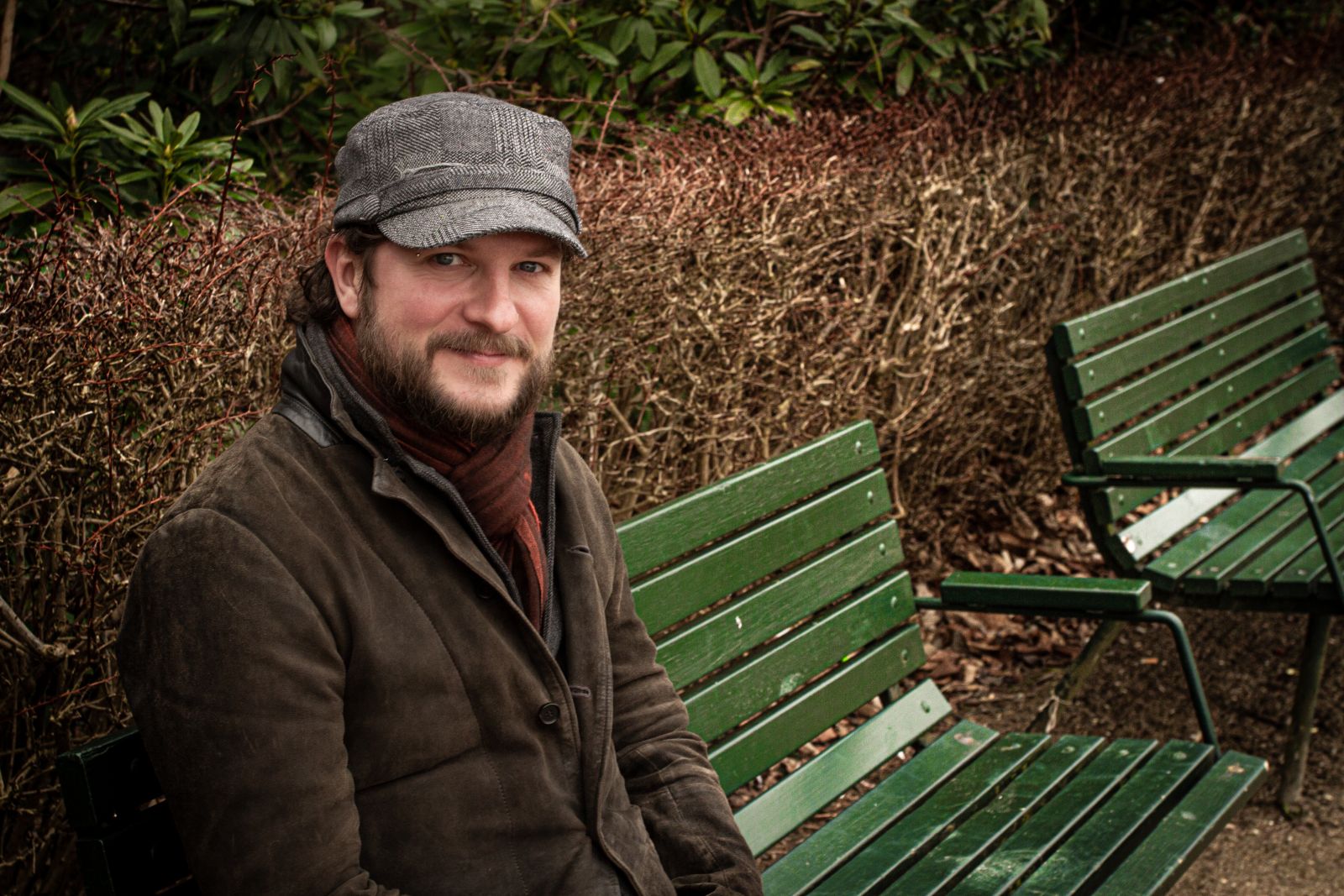
In short, ecological thinking is about seeing humans as part of nature, not separate from it, and realizing that our actions affect the environment. That also includes human ideas and thoughts and conversations. As Ecologist Gregory Bateson expresses it; everything is connected within everything into an ecology of ideas.
“Mads Bødker, a colleague of mine, explained ecological thinking like this: Whenever you are annoyed by the congestion when driving your car, remember you are not stuck in traffic – you are the traffic,” he says and gives an example of how his own digital actions can ultimately affect others’ behavior:
“When I decided to sell my flat, the real estate agent put an ad on Facebook. Facebook then made money on me selling my flat. And that money went into developing algorithms that in the end change teenagers’ sleep patterns, because they are lured into becoming addicted to Facebook. We were promised bicycles for our brains, but what we got were slot machines in our pockets” he explains.
Facebook and the raging monks
The new course is part of a local strategic initiative called ‘Ecological Thinking and the Transformation of Business’, which brings together five departments across CBS: Management, Politics and Philosophy ; Operations Management; Digitalization; Marketing, and Teaching & Learning. The initiative proposes that ecological thinking should replace the first principle of business; profit maximization.
“We have, to some extent, begun to grasp that there are ecological limits to our behavior, and for a while now, I have wanted to approach digitalization in the same way. We have a notion that it’s just cat videos and ones and zeros, and that Facebook can grow forever without doing any harm. But we know it causes tremendous harm, and I want to have a conversation about that,” he says.
As another example of how digital-based businesses can harm environments and the people in them, Attila Márton points towards Myanmar. The country has experienced genocide by the Buddhist majority against the Rohingya minority. And Facebook is partly to blame, he says.
“When Facebook became one of the primary access points to public discourse and news in Myanmar, discussions on the platform became polarized. That’s Facebook’s business model, as polarization creates engagement and sells more ads. That’s problematic because you lose the grey areas between extremes and the variety of ideas and opinions. And when you’re left with only two extreme ideas or opinions, tensions ignite, and in Myanmar that – combined with the unstable situation – led to genocide,” he says and continues:
“Only Facebook manages to turn Buddhist monks into raging xenophobes. So no, it’s not just zeros and ones. There’s a cost that accompanies Facebook’s scaling from millions to billions of users, and that cost is paid by the environment of ideas and the flexibility of public discourse. And those are real costs.”
Become a gardener
And rather than looking at Facebook or other businesses in the context of profit maximization as the main criterion for success, Attila Márton wants to teach his students to see digital businesses in an ecological setting as part of an ecosystem in which they can follow the wider patterns and effects of digitalization, information and data.
That requires a new mindset, he explains. A mindset that can potentially change the language of strategists and how businesses view their competitors – and ultimately, foster a sustainable digital information environment in and outside businesses.
We do put pressure on firms if they source their physical raw materials from countries that exploit their workforce. Shouldn’t we do the same when it comes to digital business?
Attila Márton
He explains that CEOs are often described as ‘generals’, and that business strategies are often bristling with war-like language. The marketplace is a place of ‘competition’, you need to ‘outcompete’ your competitors, and ultimately, you want your business to ‘dominate’ the field, like Facebook, Google and Amazon dominate. You need to survive against the environment.
“So you build yourself a fortress surrounded by a moat to defend yourself against attackers – meaning other businesses and other ideas. But we must leave behind this old-fashioned way of thinking,” says Attila Márton and continues:
“You need to be a gardener, an ecologist. You are responsible for the ecology of ideas that surround you. You must consider the social and environmental costs of your business. Just like biologists want rich biodiversity and flourishing ecosystems, businesses should want the same for their information environments.”
“Maybe it’s good to have more than just one supplier so you have others to draw on in case a crisis hits. We don’t want an English garden of ideas and businesses, but rather a jungle of ideas in the digital domain, so we can come up with new solutions to unforeseen problems,” he says.
Attila Márton agrees that this is easier said than done, and not something individual students or CEOs can go about adapting to overnight.
“It’s unfair to expect CBS students to change the world individually. Thinking ecologically is all about being humble, because you understand that you can only influence but never control the whole issue. What students can do is find allies and become politically active. Once they are in leading positions, they can lobby for more responsible digital management practices, convince boards of directors and get entire industries behind transformative change,” he says, adding:
“This would introduce structural change and, for instance, force Facebook to change its business model.”
A case study on digital strategies
The course started at the beginning of the semester and ends in May, and Attila Márton has presented the students with several guest speakers who have different approaches to ecological thinking. For example, Joe Neft talked about the Foodstack community he is running, which involves hacking agriculture by learning how to build your own vertical farm in your flat.
The course ends with a case study in which the students are to pick a company and argue how that company either contributes to its ecosystem or how it can change its digital strategy to better support the ecosystem.
“For example, the students can ask whether it’s a good idea to run a marketing campaign through Facebook. Is that responsible digital management? Consider how Facebook is outsourcing the filtering of violent, extremely disturbing content to workers in developing countries who end up suffering from PTSD with no healthcare. After all, we do put pressure on firms if they source their physical raw materials from countries that exploit their workforce. Shouldn’t we do the same when it comes to digital business?” he asks.



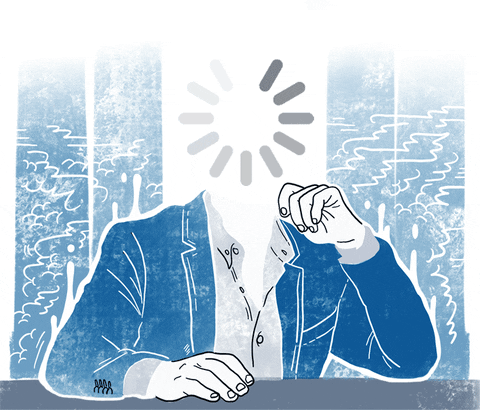
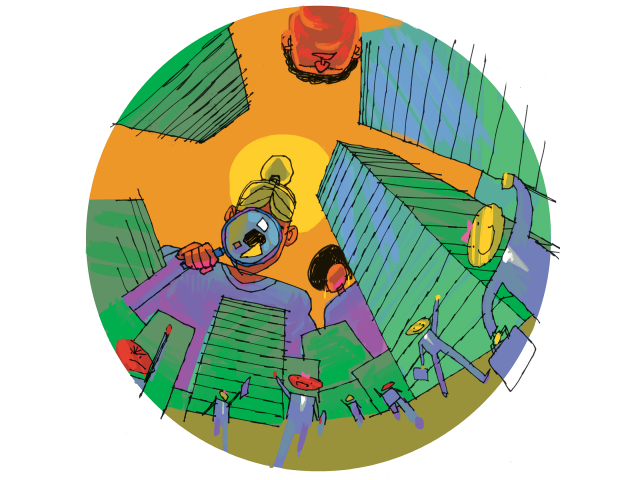
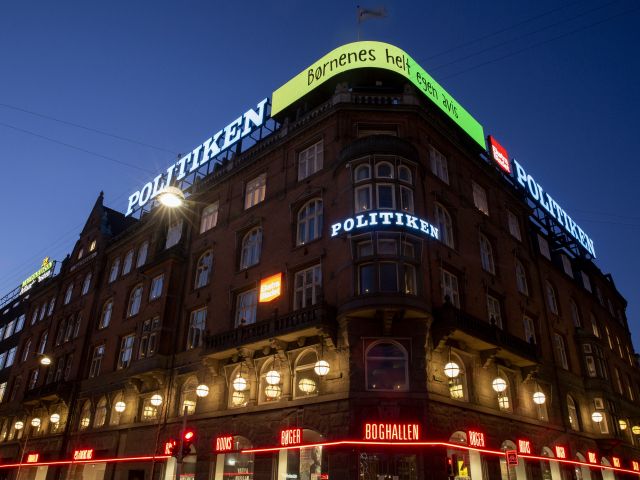


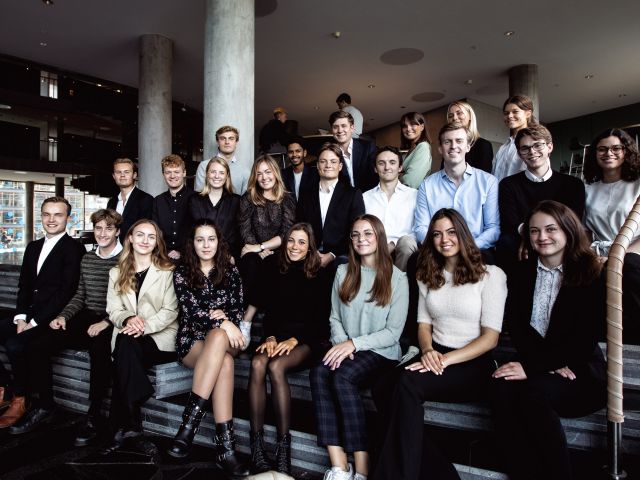





























































































































Comments